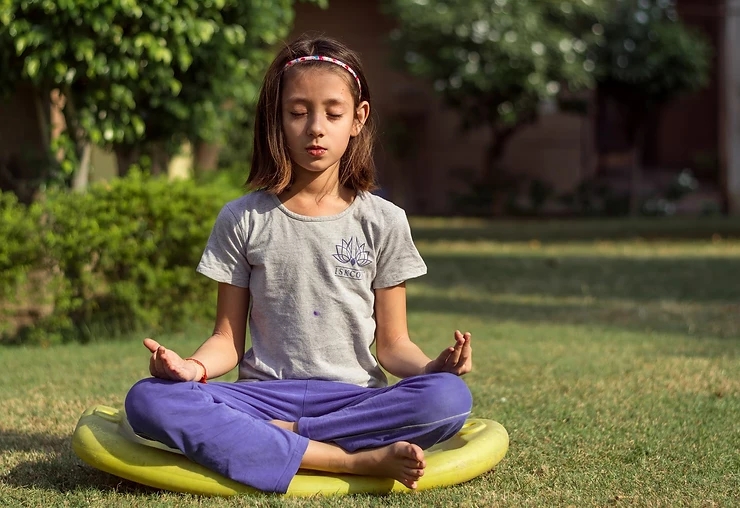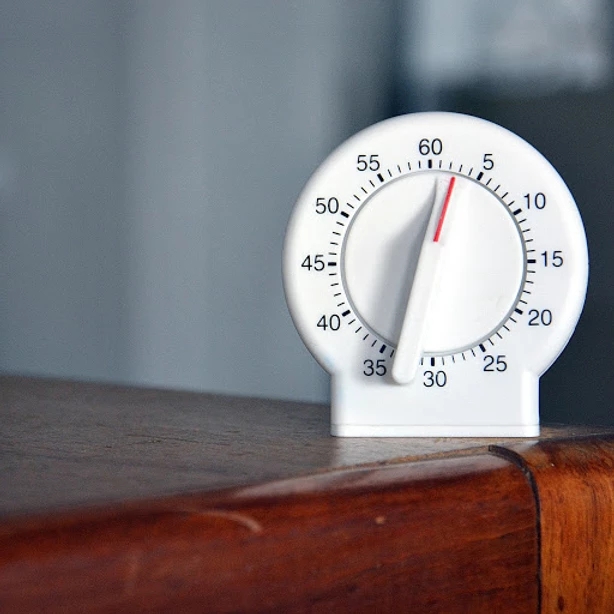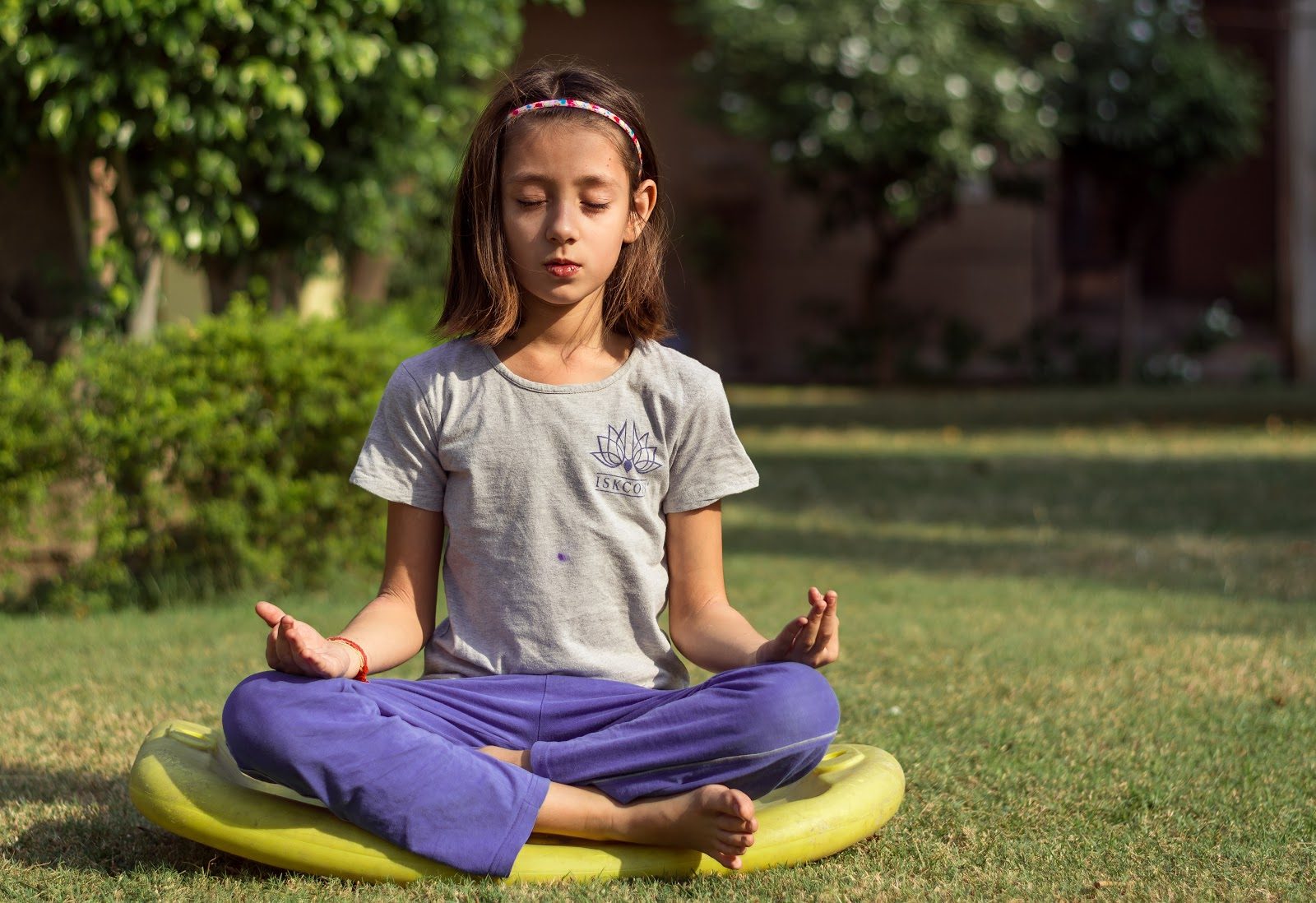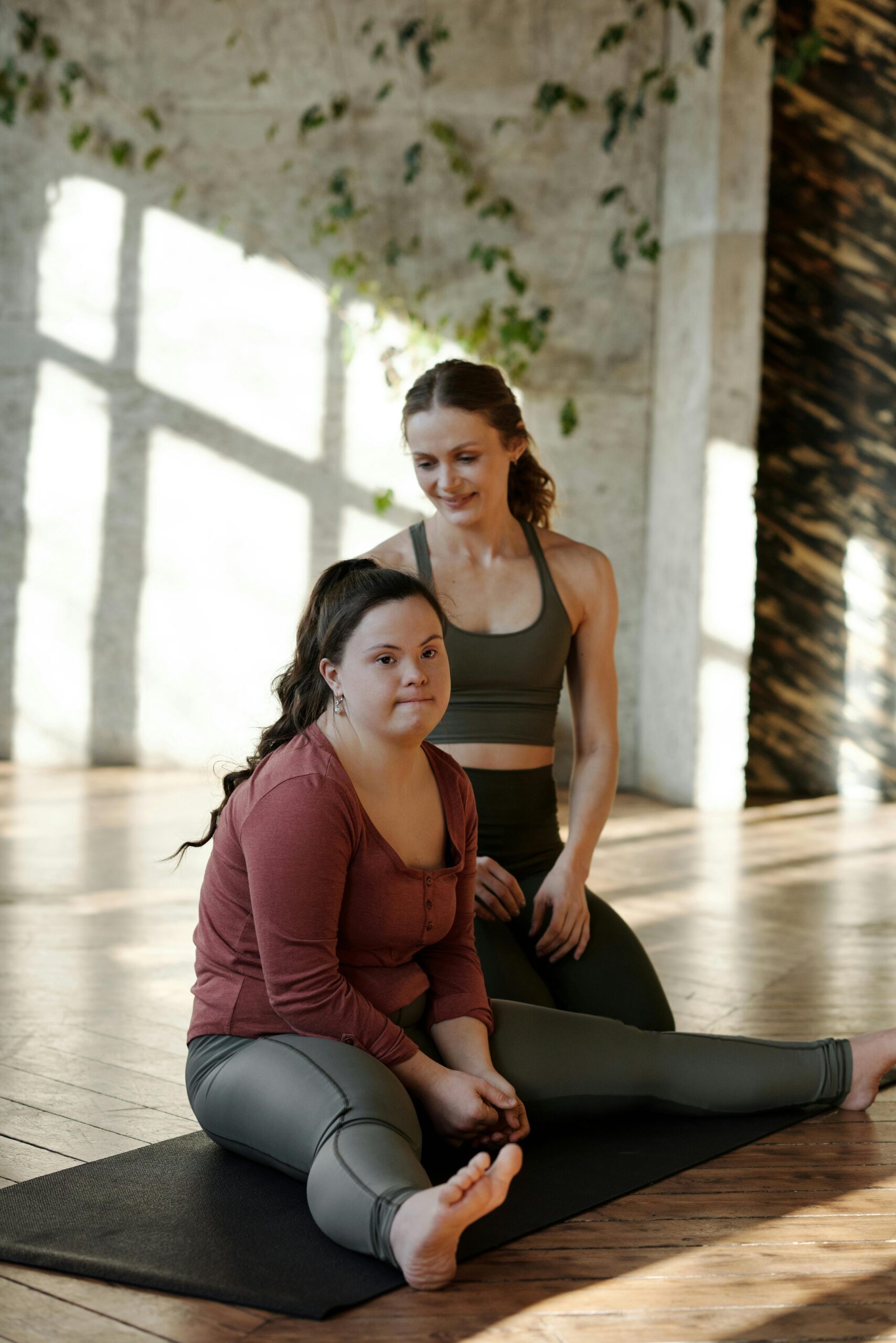
Our days easily fill up with things that we have to do, and self-care is usually at the bottom of the list. However, putting yourself last has consequences – there is a saying: You can’t pour from an empty cup! A daily meditation practice may reduce stress, anxiety and depression while improving mood, resilience, focus and a sense of well-being. It can give you the fuel you need to accomplish the things you have to do, but most importantly, it is a gift you can easily give to yourself every day. Here are 10 tips for meditation beginners from Jennifer Perou, Poppy Life Care Yoga and Meditation instructor:
1. You can’t do it wrong. Many people feel meditation is unsuccessful because they have trouble quieting their mind, a common misconception. The very act of practicing meditation is success in itself! Remember, it’s meditation practice, not meditation perfect. Stick with it and you will see and feel the effects of your practice.
2. It’s successful even if you don’t enjoy it. Remember that you are training your mind to engage in a new way. Be patient and kind with yourself as you move through your meditation practice.

3. Switch it up sometimes by doing a short meditation. Every so often, a short meditation can be more beneficial than a longer one. Start with 2 minutes daily and work your way up.
4. Posture is key. If seated in a chair, your feet should be flat on the ground, hands resting comfortably in your lap or on your knees. Sit tall with your spine upright, with your shoulders aligned above your hips. Roll your shoulders back and down, slightly tucking your chin to ensure a relaxed and straight neck. If seated on the floor, do the same, but slightly elevate the hips with a cushion, pillow or rolled-up towel. Sit with ankles or shins crossed or however makes you comfortable. For additional support, blocks or blankets can be placed under your knees.
5. Don’t lie down. Avoid meditation while laying down, to avoid falling asleep. You’re honing your ability to focus, and you can’t do that if you’re sleeping!

6. Breathe before you begin. Take 2-3 deep breaths to settle into your practice. Use these first breaths to clear your mind and settle into your posture.
7. Close your eyes. Ideally, anything visually stimulating should be removed in order to facilitate the mental relaxation needed for meditation practice, and the best way to do that is by closing your eyes or dimming the lights in your room. Alternately, you can softly gaze at the tip of your nose or look down at the ground.
8. Focus on your breathing. As you inhale, silently say “in” to yourself, and then focus on the exhale, silently saying “out.” Continue to focus on your breathing for the duration of your meditation. If your mind begins to wander, simply notice what you notice and return your focus to your breathing.
9. Don’t rush to finish. At the end of your meditation, slowly open your eyes and take 2-3 deep breaths.
10. Reflect. Don’t just jump up and start or continue your day. Take a moment to notice how you feel after your meditation practice.
More information will be available soon about virtual elements related to Poppy Life Care’s Meditation Series. Click here to stay updated on this and other virtual programs such as our nutritional and yoga series!

As a Registered Nurse and Healthcare Industry Professional, Jennifer Perou’s lifelong passion has been the integration of Western medicine, innovative technology and the wisdom of ancient healing modalities, such as yoga and meditation, to promote improved outcomes in holistic healing.
Jennifer has received a 200-Hour Registered Yoga Teacher certification and holds a BA in Sociology from the University of Oklahoma, AS in Nursing from Miami Dade College, and a Certificate in Yoga Psychology.










leave a comment!
Comments